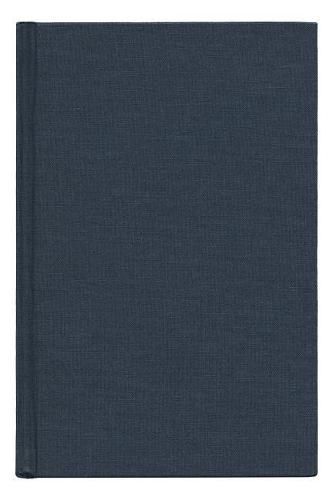Readings Newsletter
Become a Readings Member to make your shopping experience even easier.
Sign in or sign up for free!
You’re not far away from qualifying for FREE standard shipping within Australia
You’ve qualified for FREE standard shipping within Australia
The cart is loading…






This title is printed to order. This book may have been self-published. If so, we cannot guarantee the quality of the content. In the main most books will have gone through the editing process however some may not. We therefore suggest that you be aware of this before ordering this book. If in doubt check either the author or publisher’s details as we are unable to accept any returns unless they are faulty. Please contact us if you have any questions.
Following its introduction to Korea in the late nineteenth century, Protestantism grew rapidly both in numbers of followers and in influence, and remained a dominating social and political force throughout the twentieth century. In Protestantism and Politics in Korea, Chung-shin Park charts this stunning growth and examines the shifting political associations of Korean Protestantism.
Elsewhere in Asia, evangelical Protestant missionaries failed to have much social and political impact, being perceived as little more than agents of Western imperialism. But in Korea the church became a locus of national resistance to Japanese colonization in the fifty years preceding 1945. Missionaries and local adherents steadily gained popular support as they became identified with progressive political reforms.
After World War II and the division of the Korean peninsula, however, most Protestant institutions in South Korea were conscripted into the fight against communism. In addition, they became involved in the postwar push for rapid economic development. These alliances led to increasing political conservatism, so that mainstream Korean Protestantism eventually became a stalwart defender of the authoritarian status quo. A small liberal minority remained politically active, supporting social and human rights causes throughout the 1960s and 1970s, laying the foundation for mass protests and gradual democratic liberalization in the 1980s. Park documents the theological evolution of Korean Protestantism from early fundamentalism to more liberal doctrines and shows how this evolution was reflected in the political landscape.
$9.00 standard shipping within Australia
FREE standard shipping within Australia for orders over $100.00
Express & International shipping calculated at checkout
This title is printed to order. This book may have been self-published. If so, we cannot guarantee the quality of the content. In the main most books will have gone through the editing process however some may not. We therefore suggest that you be aware of this before ordering this book. If in doubt check either the author or publisher’s details as we are unable to accept any returns unless they are faulty. Please contact us if you have any questions.
Following its introduction to Korea in the late nineteenth century, Protestantism grew rapidly both in numbers of followers and in influence, and remained a dominating social and political force throughout the twentieth century. In Protestantism and Politics in Korea, Chung-shin Park charts this stunning growth and examines the shifting political associations of Korean Protestantism.
Elsewhere in Asia, evangelical Protestant missionaries failed to have much social and political impact, being perceived as little more than agents of Western imperialism. But in Korea the church became a locus of national resistance to Japanese colonization in the fifty years preceding 1945. Missionaries and local adherents steadily gained popular support as they became identified with progressive political reforms.
After World War II and the division of the Korean peninsula, however, most Protestant institutions in South Korea were conscripted into the fight against communism. In addition, they became involved in the postwar push for rapid economic development. These alliances led to increasing political conservatism, so that mainstream Korean Protestantism eventually became a stalwart defender of the authoritarian status quo. A small liberal minority remained politically active, supporting social and human rights causes throughout the 1960s and 1970s, laying the foundation for mass protests and gradual democratic liberalization in the 1980s. Park documents the theological evolution of Korean Protestantism from early fundamentalism to more liberal doctrines and shows how this evolution was reflected in the political landscape.